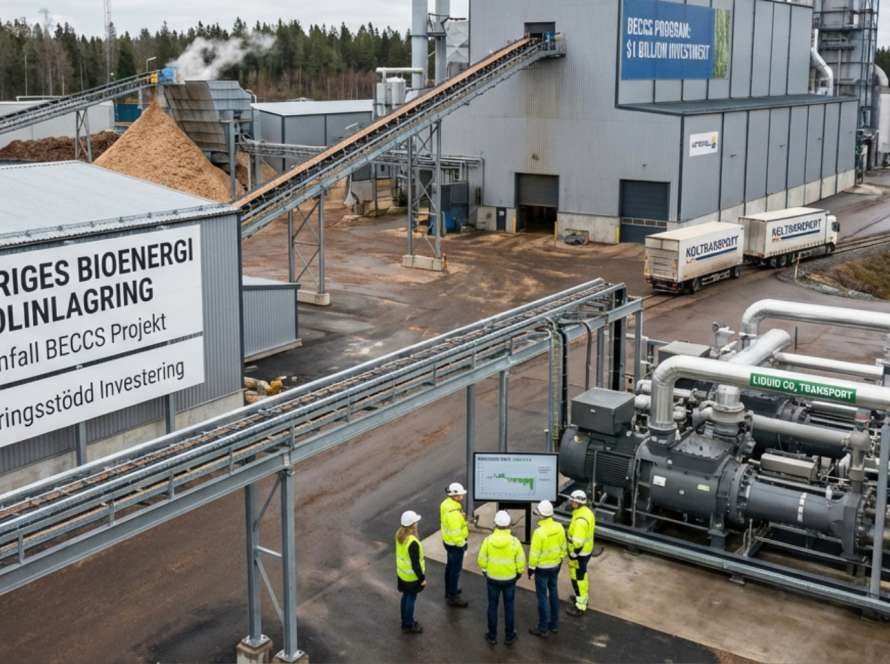The recent BlackRock CCUS investment in Eni’s carbon capture, utilization, and storage portfolio has redefined the market. BlackRock’s Global Infrastructure Partners acquired a 49.99 percent stake in projects spanning the United Kingdom, the Netherlands, and Italy. By aligning the world’s largest asset manager with one of Europe’s leading energy companies, this deal transforms CCUS from a niche environmental technology into a credible infrastructure-grade asset class.
Key Takeaways on BlackRock CCUS Investment
- BlackRock has taken nearly half ownership of Eni’s CCUS portfolio, signaling institutional investor confidence.
- The portfolio includes HyNet and Bacton in the UK, the L10 project in the Netherlands, and Ravenna in Italy.
- The partnership blends Eni’s technical expertise with BlackRock’s financial strength.
- The transaction reframes CCUS as infrastructure-grade rather than experimental.
- Executives should view CCUS as a maturing market with significant opportunities for scaling.
The Deal at a Glance
Eni has built one of Europe’s most advanced CCUS portfolios. HyNet and Bacton in the UK, L10 in the Netherlands, and Ravenna in Italy represent some of the most promising carbon capture hubs. BlackRock’s Global Infrastructure Partners now holds a 49.99 percent stake, providing financial support and global validation.
Why BlackRock’s Entry Matters
For years, CCUS was seen as subsidy-dependent. BlackRock’s participation changes that. With more than $10 trillion under management, BlackRock only invests in infrastructure that defines long-term markets. By stepping into CCUS, it places the sector alongside renewables, pipelines, and transmission as a credible, investable asset class.
See how Eni describes its decarbonization strategy.
Strategic Implications for Executives
Capital Markets Signal
Institutional capital is flowing into CCUS, creating new financing models and joint-venture opportunities.
Operational Validation
Eni’s projects demonstrate that CCUS can be permitted and deployed across multiple regions. Partnering financial power with technical expertise accelerates rollout.
Competitive Dynamics
More CCUS capacity changes compliance strategies and may drive cross-sector collaboration.
Investor Expectations
BlackRock’s participation sets a precedent. ESG-focused investors will expect companies to integrate CCUS into credible long-term strategies.
Case in Point
Offshore wind offers a parallel. Initially dismissed as costly, it became investable when institutional capital entered. Offshore wind then scaled rapidly, reshaping Europe’s energy mix. BlackRock CCUS investment signals that carbon capture is at the same inflection point. The question is no longer whether it works, but how fast it scales.
What BlackRock CCUS Investment Means for Leaders
- Reevaluate decarbonization strategies in light of rising institutional capital.
- Explore partnerships that bring together operational and financial expertise.
- Treat CCUS as a long-term infrastructure asset, not just a compliance mechanism.
Bottom Line
BlackRock’s investment in Eni’s CCUS portfolio is more than a financial transaction. It is a market signal. Carbon capture has shifted from being government-backed to becoming infrastructure-grade. Executives who act early in this emerging market will shape the next two decades of industrial decarbonization.



